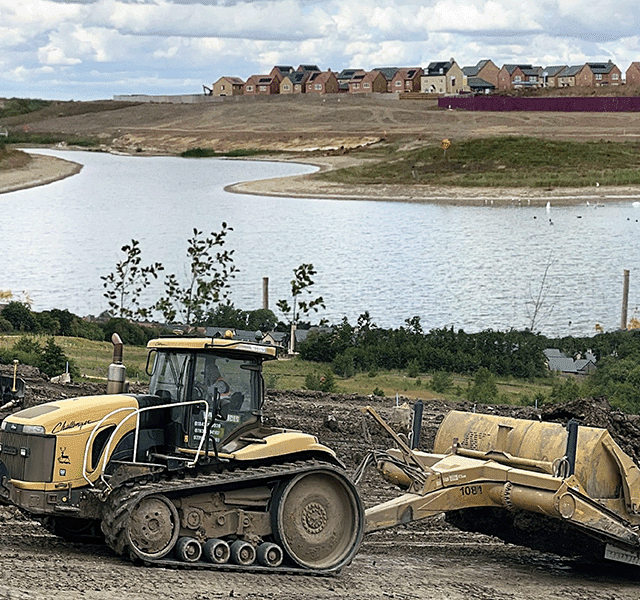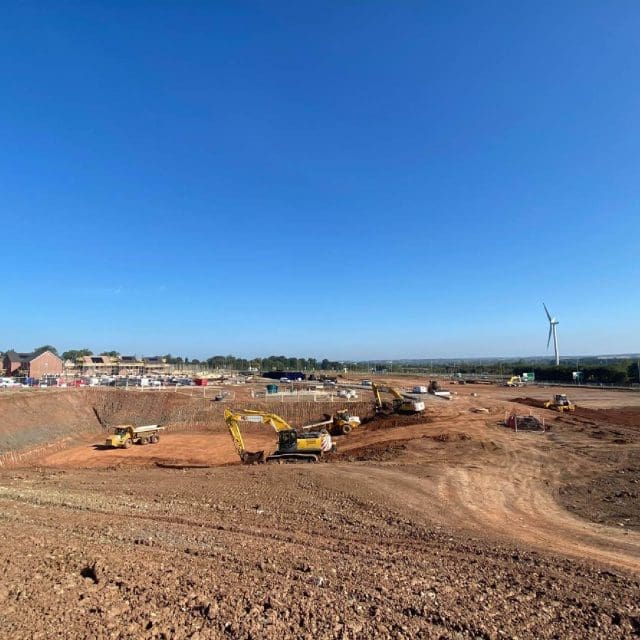Civil engineering is a broad profession that includes several specialised sub-disciplines. Below we’ve provided information on the main five types of civil engineering.
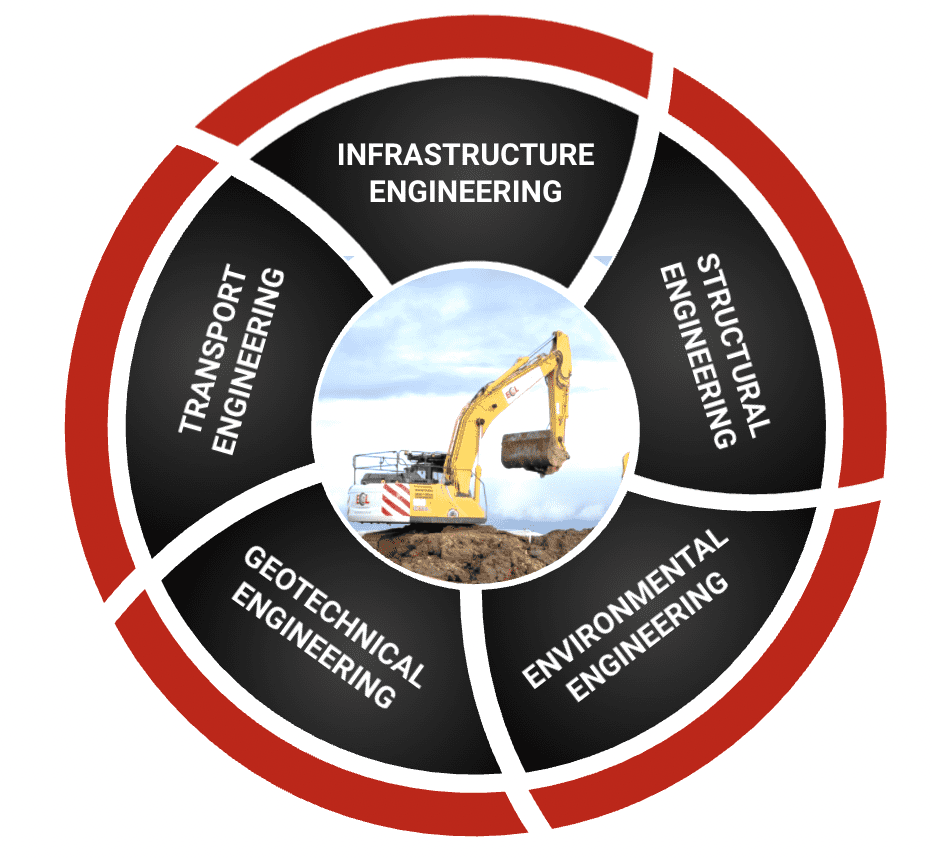
Infrastructure Engineering
Infrastructure engineering is about creating things like bridges, roads, railways, and services such as drainage and electrics.
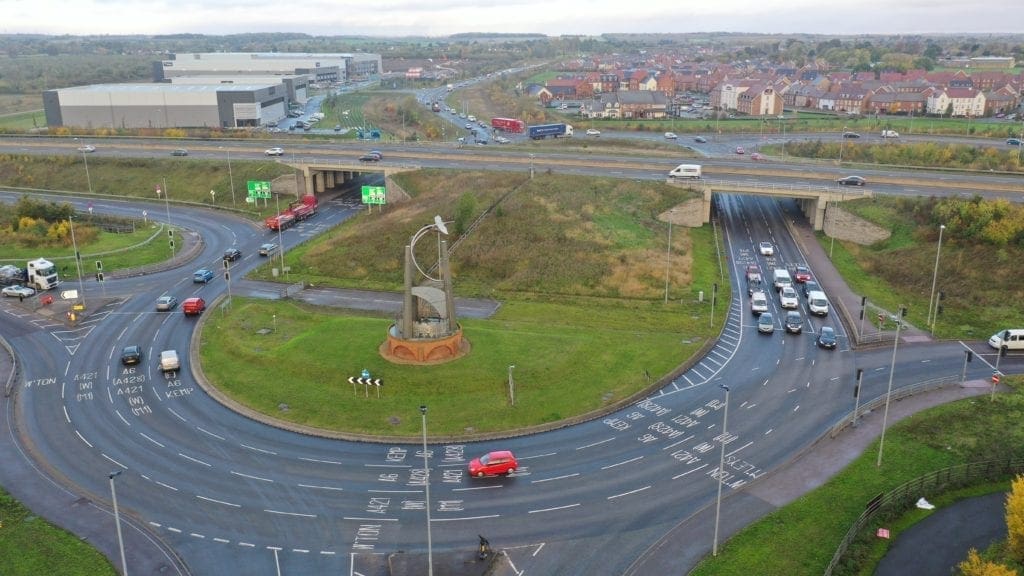
Engineering infrastructure aims to build the basic structures and systems that help society function in the most efficient, safe, sustainable, and environmentally friendly way possible.
Structural Engineering
Structural engineers help create structures – anything from bridges, towers and skyscrapers to building homes and public works of structural art.
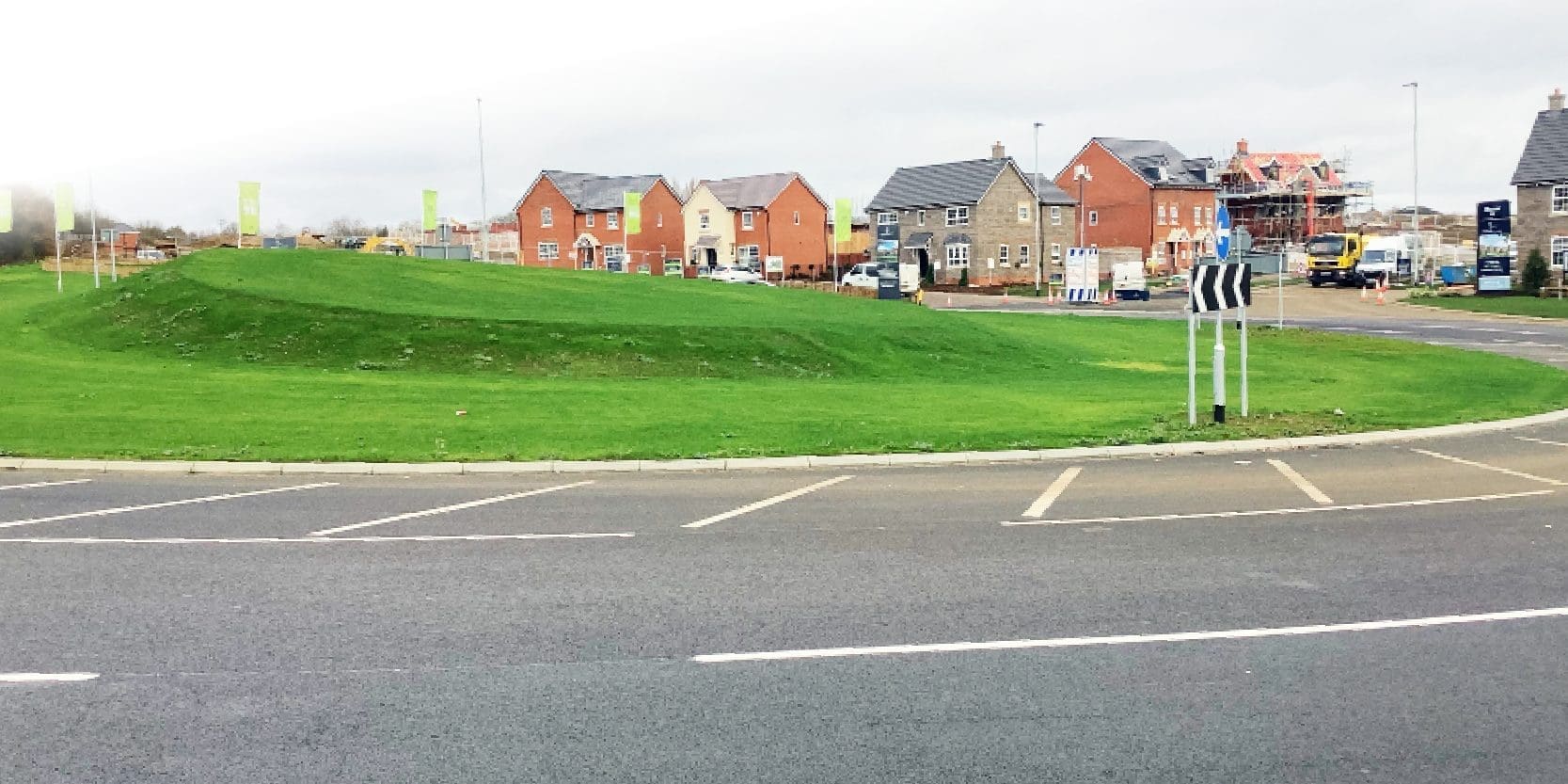
They work as part of a team alongside architects, builders and other engineers and they are responsible for analysing and designing these structures so the build is safe, sustainable, economical, and the design is aesthetically pleasing.
Structural engineering, just as with Infrastructure engineering, uses physics and math to do the job. Such as calculating to ensure structures have sufficient strength to take loads, that they’re stable and that the structure’s service life is viable.
Of the five types of civil engineering disciplines, structural engineering is the most significant element for project design and material selection.
Environmental Engineers
Environmental engineering combines the principles of engineering, soil science, biology, and chemistry.
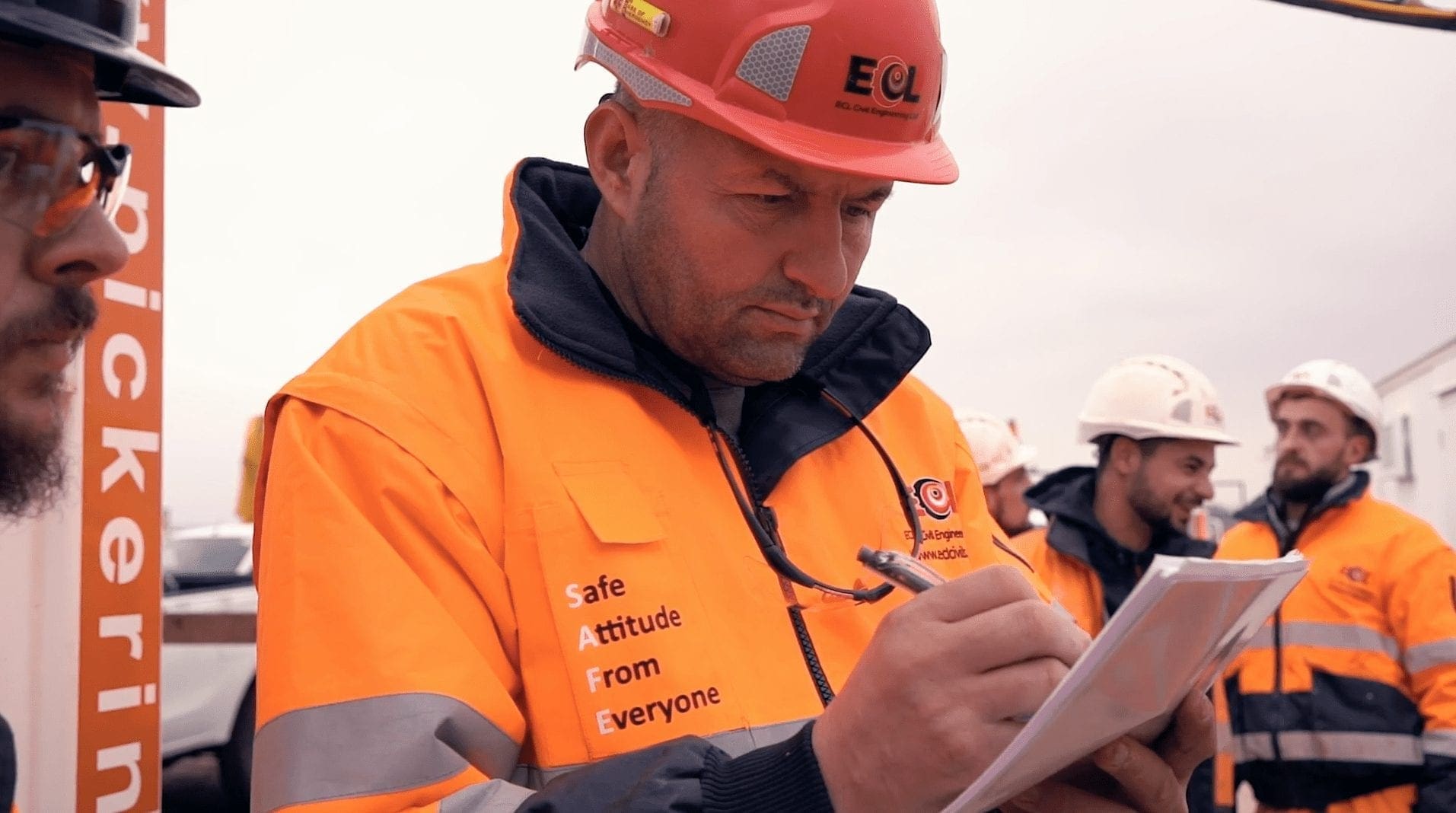
These principles are used by environmental engineers to conduct detailed analyses on a broad spectrum of environmental issues and find solutions. They work to improve recycling, waste control, water and air pollution control and public health. Such as designing innovative ways to conserve energy and prevent further pollution from destroying the environment and natural resources.
Geotechnical Engineering
Geotechnical engineering is concerned with understanding how a project interacts with the ground.
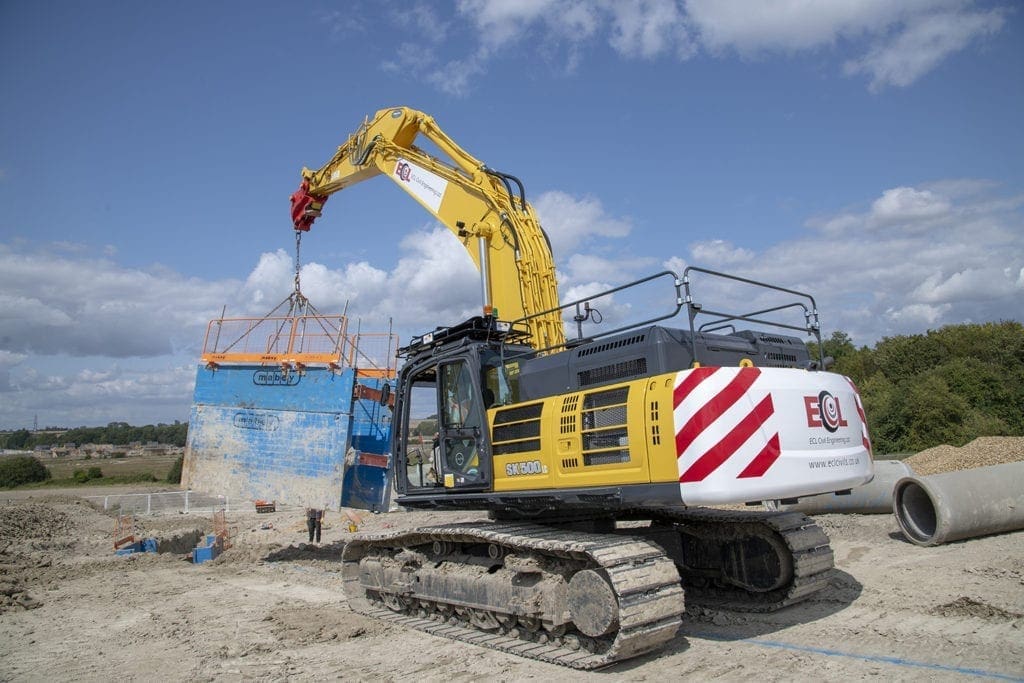
A geotechnical engineer will work to support the design and construction of a project. They will conduct tests and analyses to assess risk to humans and the environment. These tests will disclose the risks that can arise from natural hazards such as avalanches, rock falls, sinkholes, and earthquakes.
People in the geotechnical engineering field deal with structures such as roads, embankments, bridges, canals and many other construction projects.
The ground substrate can be made out of many different natural materials such as soil, sand or rock. It’s the role of the geotechnical engineer to assess how it will interact with the project, making no two jobs the same.
Transportation Engineers
Transport engineering is about always looking to improve our transportation systems.
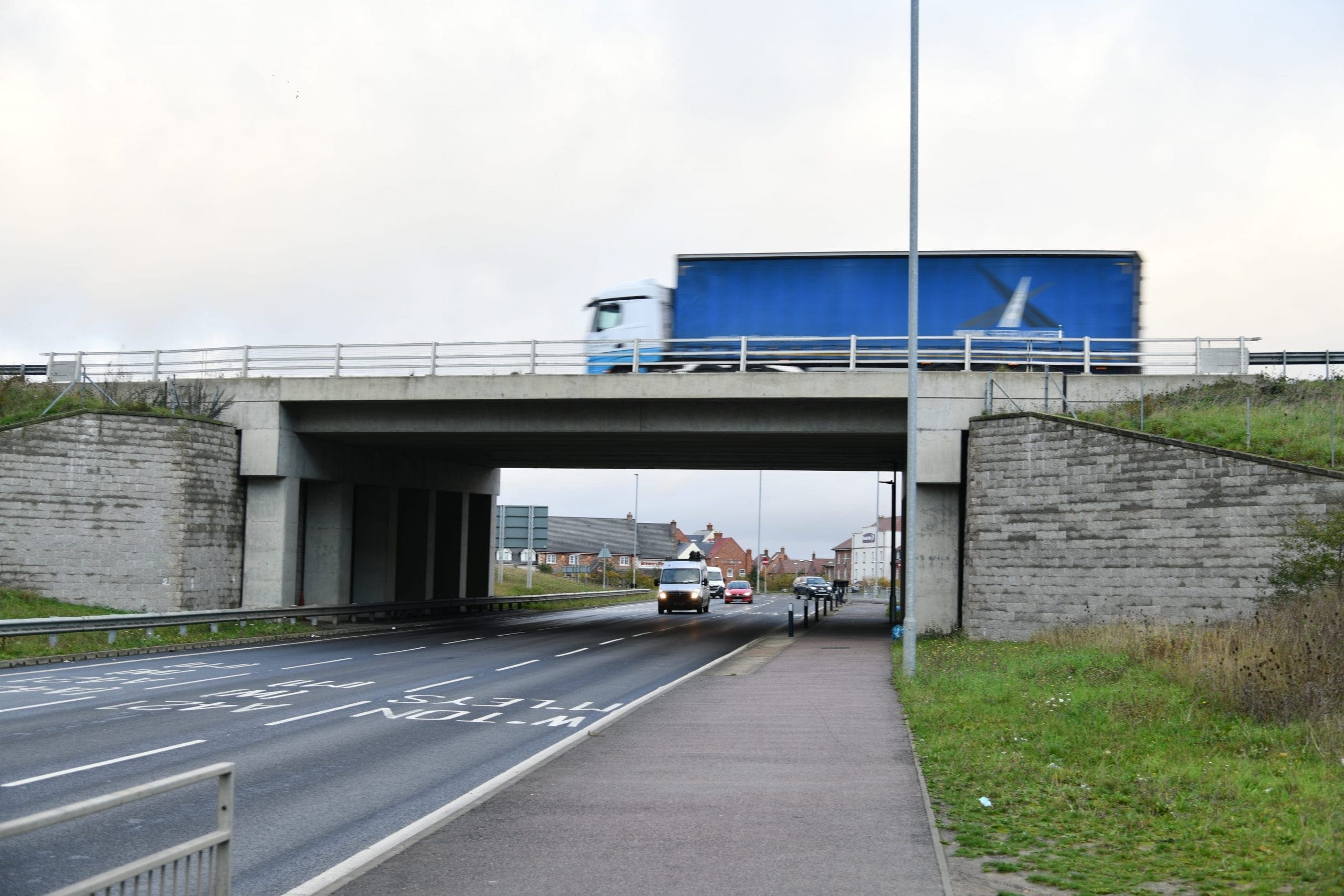
Transport Engineers apply technology and scientific principles to the planning, design, operation and management of transport facilities and large transport systems. Their primary role is to provide environmentally friendly, safe and sufficient transportation methods to any project so that the general public and the transport of goods can go ahead with their daily activities using adequate transportation modes.
We have multiple means of transportation today, such as rail, roads, cycle paths, planes and boats. A transport engineer’s job is to make sure that each form of transportation method meets specific standards with safety and sustainability at the top of the list. Sustainability and the need to reduce emissions and energy are fast becoming crucial to the planet. Transport engineers are trying harder than ever to reduce emissions and energy use and make our world more environmentally friendly.
The 5 main types of civil engineering
Civil engineering includes several specialised areas. Here are the five main sub-disciplines.
Infrastructure Engineering
Structural Engineering
Environmental Engineering
Geotechnical Engineering
Transportation Engineers
ECL Civil Engineering – Serving clients across the UK
ECL are one of the biggest civil engineering companies within the region, well-positioned to serve clients across the UK.
Most importantly, our size and structure allow us to be small enough to provide you with a personalised, consistent and friendly service while being large enough to finance large and complex projects.
In addition, each project we serve has the direct participation of a project manager and a senior staff member from start to finish. Ensuring that, as a customer, you are confident that the value of your project is maximised.
For further information on our service or advice on your next project, please get in touch.
